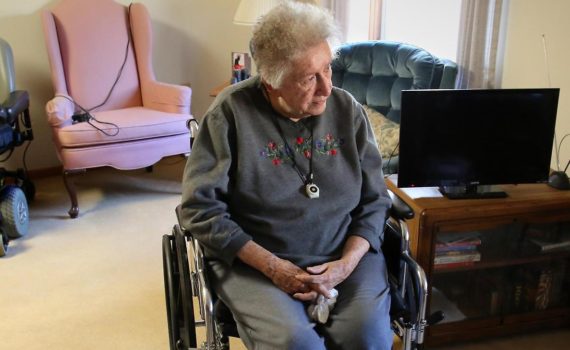
Inheritance Impatience
Recently, I came across some news articles discussing the term “Inheritance Impatience.” I had never heard this term before. Inheritance Impatience is a form of financial exploitation of the elderly. An example would when when an adult child pressures mom or dad to get their inheritance now (rather than waiting for the parent to die). Sometimes the adult child actually helps speed up the parent’s death (by withholding food or medical care). Now that I have a label it, I realize that we actually see this sort of thing happening too often.
The problem is this: The parents are at such an age that their children start thinking about what they will inherit. In fact, sometimes they get so excited that they start making plans far ahead of actually receiving the money. And too often I witness kids who decide that they can take matters into their own hands. These cases can be from mild to extreme as you might imagine but more frightening are the more subtle ways of expediting the transition from this life. Family members have commenced upon their own selfish acts such as withholding food and medical care, or choosing a nursing home that is known to provide sub-par care with discounted rates.
How can you prevent this happening to your own parent?
- Make sure your parents have a revocable trust that becomes irrevocable when one of them passes away or becomes incapacitated. That prevents the surviving spouse from being pressured into making changes by an unscrupulous family member or caretaker.
- Make sure the trust has a strong Trust Protector who can quickly remove and replace a trustee in case an impatient family member gets appointed as trustee.
- Name a neutral third party as trustee when the parent can no longer effectively protect himself or herself. (In Arizona we call these companies licensed fiduciaries.)
- Make sure to visit your parents regularly, or have someone who you trust that would be able to check in on your parents’ well being. Don’t just rely on the one family member or caretaker who happens to live close to your parents.
- Make sure that all adult children have copies of estate planning documents. If there is a pattern of sharing all estate planning documents, then it looks more like undue influence if a set of documents if kept a secret from the rest of the family. (And undue influence can be a way of getting a court to invalidate legal documents.)
Just by being aware of this issue, you can be on the lookout for signs of financial exploitation or “inheritance impatience.” If you believe a vulnerable adult is being financially exploited or physically abused, call Adult Protective Services. They will investigate and take action as appropriate.













